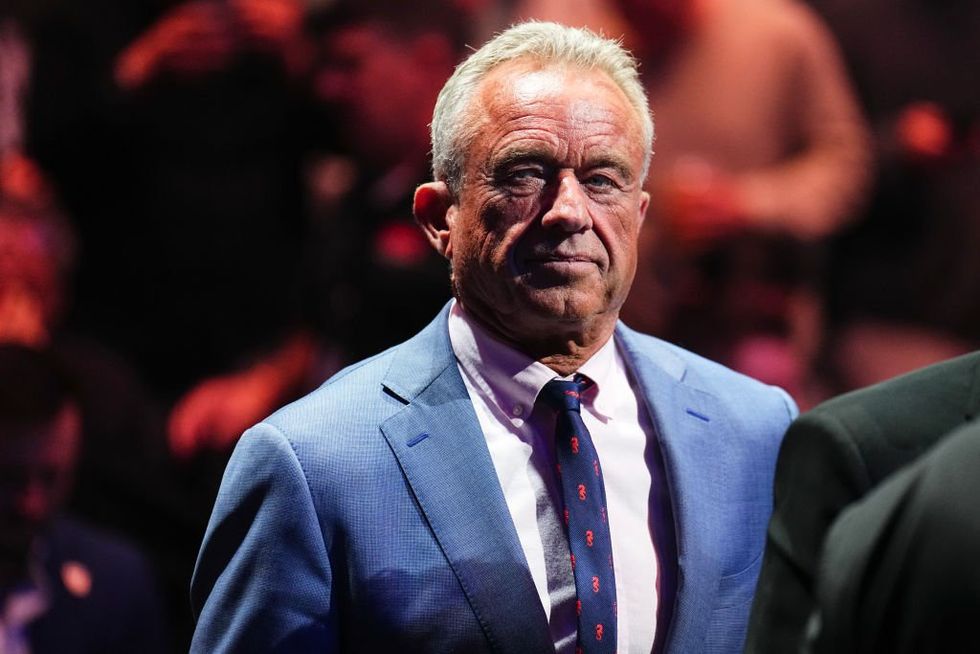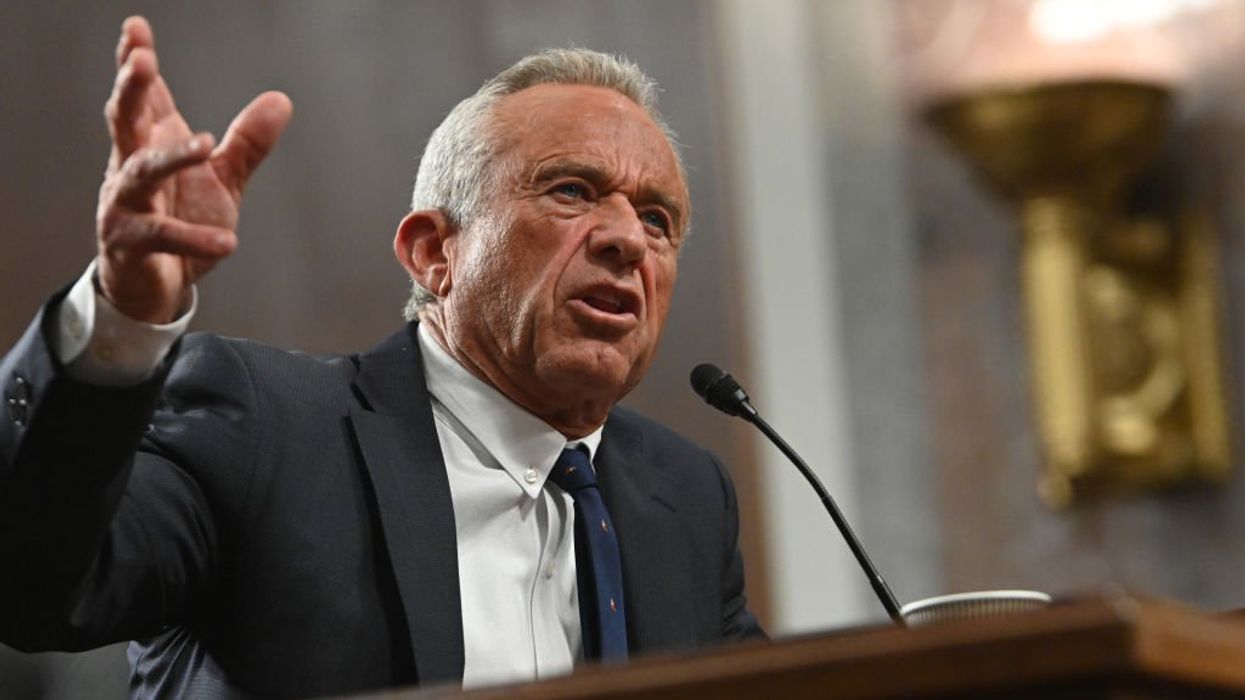On Thursday, the Senate confirmed Robert F. Kennedy Jr. as the Secretary of Health and Human Services (HHS) under President Donald Trump's administration, with a narrow vote of 52-48 largely following party lines.
“Our plans are radical transparency and returning gold standard science [to] NIH, the FDA and CDC, and ending the corruption, ending the corporate capture [of] those agencies, getting rid of the people on those panels that have conflicts of interest,” Kennedy said. “We can do unadorned and unimpeded science rather than the kind of product that is coming out of those agencies,” The Hill reported him saying.
His confirmation hearings were marked by significant controversy, particularly due to his previous statements linking vaccines to autism, a claim that has been widely discredited by scientific research.
Notably, Sen. Mitch McConnell was the only Republican to oppose Kennedy's nomination, citing his belief in the value of vaccines based on personal experience and scientific evidence.
"I'm a survivor of childhood polio. In my lifetime, I've watched vaccines save millions of lives from devastating diseases across America and around the world," McConnell said after the Kennedy vote. Fox News reported him saying, "I will not condone the re-litigation of proven cures, and neither will millions of Americans who credit their survival and quality of life to scientific miracles."
Kennedy has stated that he is not anti-vaccine but advocates for vaccine safety and informed consent regarding medical decisions.
The founder of one of the country’s most prominent anti-vaccine groups will oversee a vast health portfolio, including vaccine-related policies, amid ongoing public health and safety debates.
SUGGESTION: RFK Jr. and Making America Healthy Again
 Politician Robert F. Kennedy Jr. looks on during the UFC 309 event at Madison Square Garden on November 16, 2024 in New York City. (Photo by Chris Unger/Zuffa LLC)
(Photo by Chris Unger/Zuffa LLC)
Politician Robert F. Kennedy Jr. looks on during the UFC 309 event at Madison Square Garden on November 16, 2024 in New York City. (Photo by Chris Unger/Zuffa LLC)
(Photo by Chris Unger/Zuffa LLC)
. Hugo Balta is the executive editor of the Fulcrum and a board member of the Bridge Alliance Education Fund, the parent organization of The Fulcrum.




















Trump & Hegseth gave Mark Kelly a huge 2028 gift